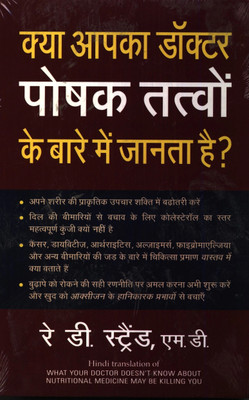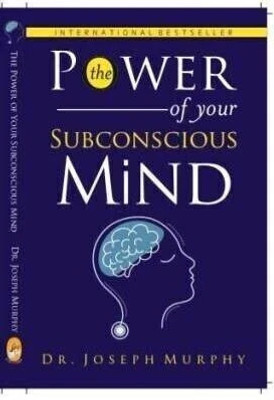
The History of Aryan Rule in India: From the Earliest times to the Death of Akbar (Paperback, E. B. Havell)
Share
The History of Aryan Rule in India: From the Earliest times to the Death of Akbar (Paperback, E. B. Havell)
Be the first to Review this product
₹1,273
₹1,440
11% off
Available offers
T&C
T&C
T&C
T&C
Delivery
Check
Enter pincode
Delivery by4 Nov, Tuesday
?
View Details
Highlights
- Binding: Paperback
- Publisher: Gyan Publishing House
- ISBN: 9788121294126, 8121294126
- Edition: 2023
- Pages: 689
Services
- Cash on Delivery available?
Seller
Description
About The Book: This book is contained "The History of Aryan Rule in India" highlights the perpetual presence of the Eastern Question, as the fate of the British Empire is closely linked to it. India, which has contributed the most to the Empire's wealth, prosperity, and power, holds the core of this issue. However, despite this crucial role, a lack of attention to Indian history, or even an astounding lack of knowledge about it, has never been considered a hindrance for attaining the highest positions in the Government of India. The Imperial Parliament assumes that a capable British Minister is equally competent in handling the challenges of Indian administration as any other official post. About The Author: Ernest Binfield Havell (1861–1934), who published under the name E.B. Havell, was an influential English arts administrator, art historian and author of numerous books about Indian art and architecture. He was a member of the Havell family of artists and art educators. He was the principal of the Government School of Art, Calcutta from 1896 to 1905, where, along with Abanindranath Tagore, he developed a style of art and art education based on Indian rather than Western models, which led to the foundation of the Bengal school of art. Havell worked with Abanindranath Tagore to redefine Indian art education. He established the Indian Society of Oriental Art, which sought to adapt British art education in India so as to reject the previous emphasis placed on European traditions in favour of revivals of native Indian styles of art, in particular the Mughal miniature tradition. He published several books on Indian art including Indian Sculpture and Painting (1908) and The Ideals of Indian Art (1911). He was involved in founding the India Society along with William Rothenstein in 1910 as a reaction to negative remarks made by Sir George Birdwood on Indian art.
Read More
Specifications
| Publication Year |
|
Manufacturing, Packaging and Import Info
Be the first to ask about this product
Safe and Secure Payments.Easy returns.100% Authentic products.
Back to top




